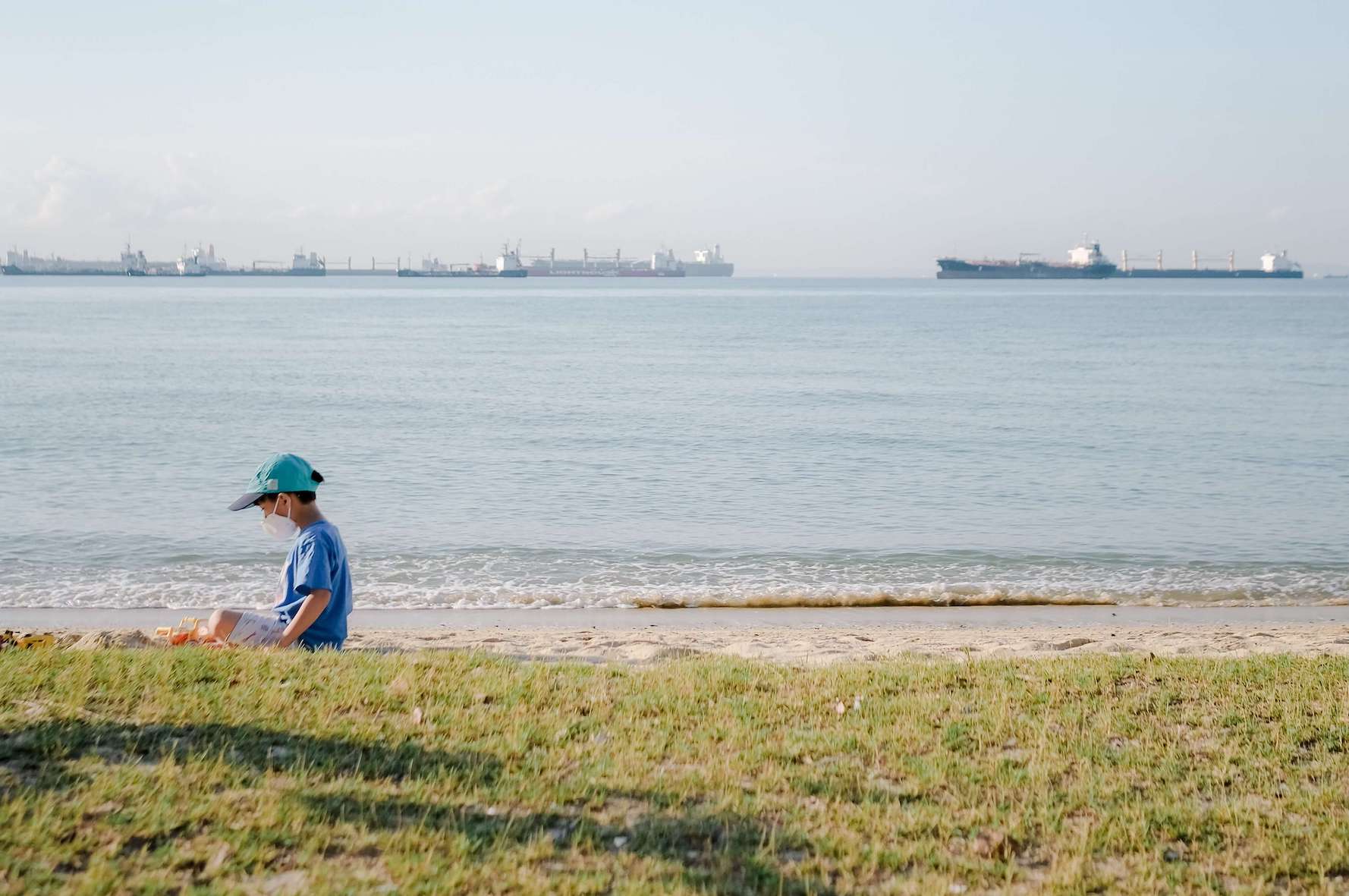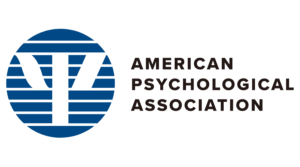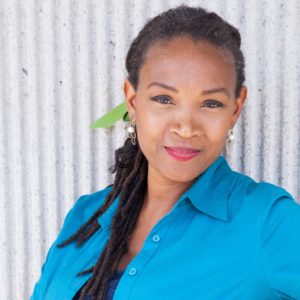A Hero Story from My Family
When I was a young boy, my father told me a very impactful story about my great grandfather, Joseph Nunes. The story my father shared took place during the early 1940s, another moment in history where so many faced particular uncertainty, fear, and daily loss of life. During this time, WWII was raging. After the Japanese attack on Pearl Harbor, President Franklin D. Roosevelt ordered the incarceration of nearly 120,000 people of Japanese ancestry from across the country. More than three quarters of those incarcerated were second generation, American-born citizens of the United States.
During the time of WWII, my great grandfather was a farmer in Sunnyvale, California. In the months that followed FDR’s order, he watched as many of his Japanese American neighbors were forced into selling their farms after being ordered into camps. While others capitalized on the opportunity to purchase farmlands at pennies on the dollar, he stood by his values which included looking for ways that he could help. Along with a few other farmers in his community, he decided on another path. As the story goes, when one of his Japanese American neighbors came to his door and asked if he would buy his farm, my great grandfather said, “I will not buy your farm, but I will farm it for you until you return.” My grandfather made an agreement to use the proceeds from farming their property to maintain it while they were gone. When his neighbors returned from the internment camp, they found their farm in good health and quickly settled back into their lives. In a time where he could have expanded his personal wealth, my great grandfather chose to prioritize caring for others.
To this day, my eyes often water and I feel a deep sense of pride when I share this story with others. While this wasn’t the only story I’ve heard about my ancestors over the years, this particular one grabbed me by the heart and has remained a proverbial “light in the window” at different times in my life. It has been particularly present in my thoughts during this current crisis at times where I have found myself weary. It has also prompted me to ask myself: “What is the story I want to be told about me when future generations talk about what I did in these times?”
A Call to Action in Crisis
As we find ourselves, our families, our global community in the grip of the COVID19 pandemic, I believe we must stay focused on a view of leadership that was put forth by scholar Bernard Bass. He said that leadership was defined by our capacity to influence positive change. From this vantage, anyone can step up to lead at any moment. And in this moment, creativity, self-development, and holding fast to our very best selves are not only essential for our own health and the health of others, they are consequential to the manner and speed with which we will emerge. By engaging in hope instead of fear we commit to a search for solutions and personal responsibility to both ourselves and to one another.
If you find yourself searching for comfort and a way to anchor yourself while we traverse this or other difficult times, I propose that the path to solace is intricately tied to being intentional about your legacy and seeking out your family narratives so that you can connect to, or rediscover, the stories of strength and resilience that have carried your family for generations.
The Perspective Offered by Legacy and the Power of Family History
When faced with crisis, being intentional about legacy can be the light that guides you forward. Not only does this facilitate higher order thinking, but it also reveals the places in your life where you still have influence and control. In times of crisis, military commanders are indoctrinated to think about their decisions in the context of history and legacy. One of the reasons for this training is because it forces them to think about how their actions impact others which, in turn, connects them to something bigger than themselves.
While to some, the concept of pursuing legacy may seem lofty, frivolous, or unattainable, I believe it can be pragmatic, essential, and within the grasp of all of us. In addition, there is evidence to suggest that family legacy can have a lasting impact on the resiliency of future generations.
In the late 1990s, positive psychology scholars Marshall Duke and Robyn Fivush of Emory University made an important discovery about familial factors that influence resiliency. They found that children who knew a lot about their ancestral history, tended to be more resilient than those who did not. To explore this further, they developed a questionnaire called the “Do You Know?” scale which was composed of 20 questions about family history. When they administered this, along with other psychological measures, to several dozen families in 2001 they found a strong correlation between knowledge of family history and overall resiliency in children. Specifically, the children who knew more had higher self-esteem, a stronger sense that they could positively influence the factors that determine success or failure, and a generalized belief that their families were successful.
In the months following 9/11, Duke and Fivush reach back out to the families who had participated in their earlier study. Upon reevaluating these families, once again, they found the ones who knew more about their families, were more adaptive and capable of dealing with the situational stress than their counterparts. Duke and Fivush referred to these family members as having a strong “intergenerational self” which helped them to, like the mentioned military officers, to feel as if they were part of something bigger than themselves.
The key to knowing family history lies in uncovering and sharing your family narrative. In their research, Duke and Fivush found that every family has a narrative. The only difference between the families in their study, was the form of their narratives. Specifically, their stories tended to follow one of three themes. The first is the ascending narrative in which the family tells a tale of starting with nothing, working hard, and findings success. The second, the descending narrative, speaks of having it all only to lose it all. The third, and most beneficial, is the oscillating narrative. In this account, families present a view of their family history that includes both highs and lows. The power of the oscillating narrative is that it helps family members to understand that their ancestors had the strength and resiliency to overcome adversity and hardship.
Also common to family narratives is the emergence of a hero figure. This is the tale of someone like my great grandfather. The presence of such a figure helps members to believe that they are special and capable of being heroic. In a world so transfixed on external cues for personal validation, the discovery of a family hero can be transformative. While there is value in having heroes from outside of your family, there is something entirely different when you know that their same blood pumps through your veins. Additionally, these narratives also have the power to surface core values and traditions.
Taking Action on Legacy and Your Family Narrative
First, begin to work on your family narrative. A good starting point is answering the questions from the “Do You Know?” scale (see below). After you have completed the scale make a plan to find out what you don’t know and invite others, including younger family members to join you on your quest. Come up with other questions. Share the stories that you uncover with family and ask people outside your family to tell you theirs. If you find yourself short on hope these days, I assure you, the communal sharing of these stories will lead you to fertile soil where it will grow anew.
Second, connect to a legacy that represents what you really stand for by asking yourself: “What is the story that I want to be told about me to future generations when they speak of who I was during these times?” I encourage you to not only think about this on a grand scale, but to also ask this question throughout your day when you are interacting with others. This question has the power to help you stay connected to your values and to help you to intentionally weave the threads of your legacy into the ancestral tapestry of your family.
For those who are truly ambitious, you can take a third step and begin to explore the oscillating narratives of your community, your country, and our world.
On a recent night, my 8-year-old son said to me he “had a thought” that made his stomach hurt. When I asked him to share more, he told me he was thinking about what it would be like when he died and, more importantly, if I died before him. Instead of telling him, “don’t worry, it will be alright” I chose a different path. I told him that he came from a family that had lived through many challenges and had always found a way to both care for others and persevere. I explained that when he saw his mother and me working hard, looking out for our friends and neighbors, and talking about what we needed to do, we were discussing what we’ve learned from other hard times and figuring out the way for us to best manage and thrive in this time. Instead of just offering passing sympathy, I chose to console my son with a family narrative of empowerment. My hope in doing this was that I would implant a source of strength for him to draw upon, not just that night, but for all the other nights that lay ahead of him and for the times when he must find consolation from inside himself. When the time is right, I will also tell him the story of his great-great grandfather.
The “Do You Know” Scale
In order to get started with learning more about your family narrative, the following 20 questions are drawn from the “Do you know?” scale developed by the pioneers in this research, Marshall Duke and Robyn Fivush of Emory University (For more about this scale visit: https://www.psychologytoday.com/us/blog/the-stories-our-lives/201611/the-do-you-know-20-questions-about-family-stories)
- Do you know how your parents met?
- Do you know where your mother grew up?
- Do you know where your father grew up?
- Do you know where some of your grandparents grew up?
- Do you know where some of your grandparents met?
- Do you know where your parents were married?
- Do you know what went on when you were being born?
- Do you know the source of your name?
- Do you know some things about what happened when your brothers or sisters were being born?
- Do you know which person in your family you look most like?
- Do you know which person in the family you act most like?
- Do you know some of the illnesses and injuries that your parents experienced when they were younger?
- Do you know some of the lessons that your parents learned from good or bad experiences?
- Do you know some things that happened to your mom or dad when they were in school?
- Do you know the national background of your family (such as English, German, Russian, etc.)?
- Do you know some of the jobs that your parents had when they were young?
- Do you know some awards that your parents received when they were young?
- Do you know the names of the schools that your mom went to?
- Do you know the names of the schools that your dad went to?
- Do you know about a relative whose face “froze” in a grumpy position because he or she did not smile enough?





